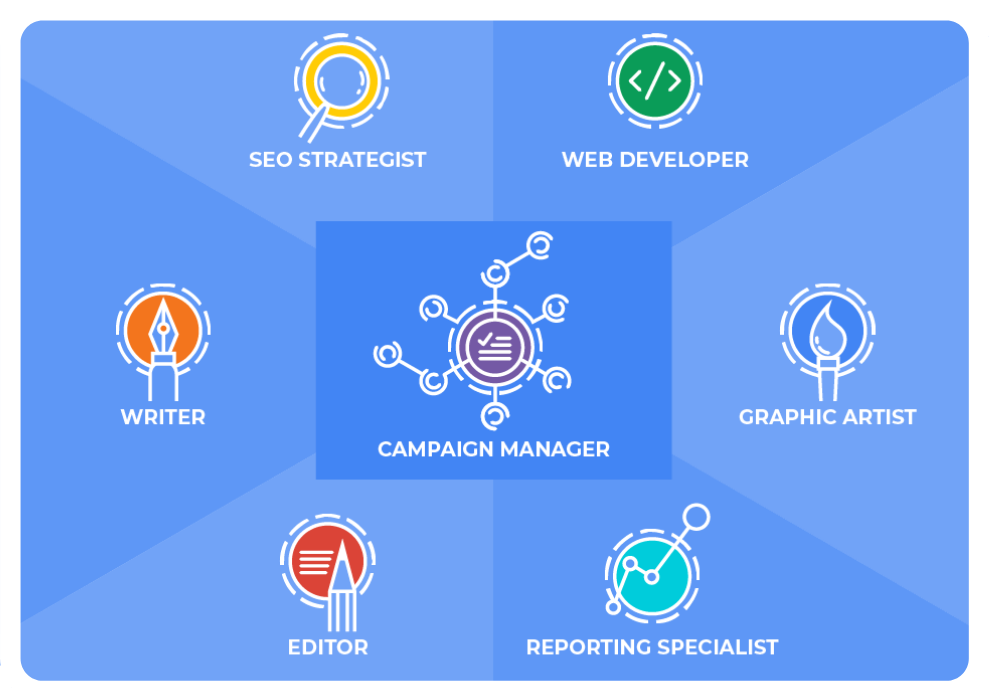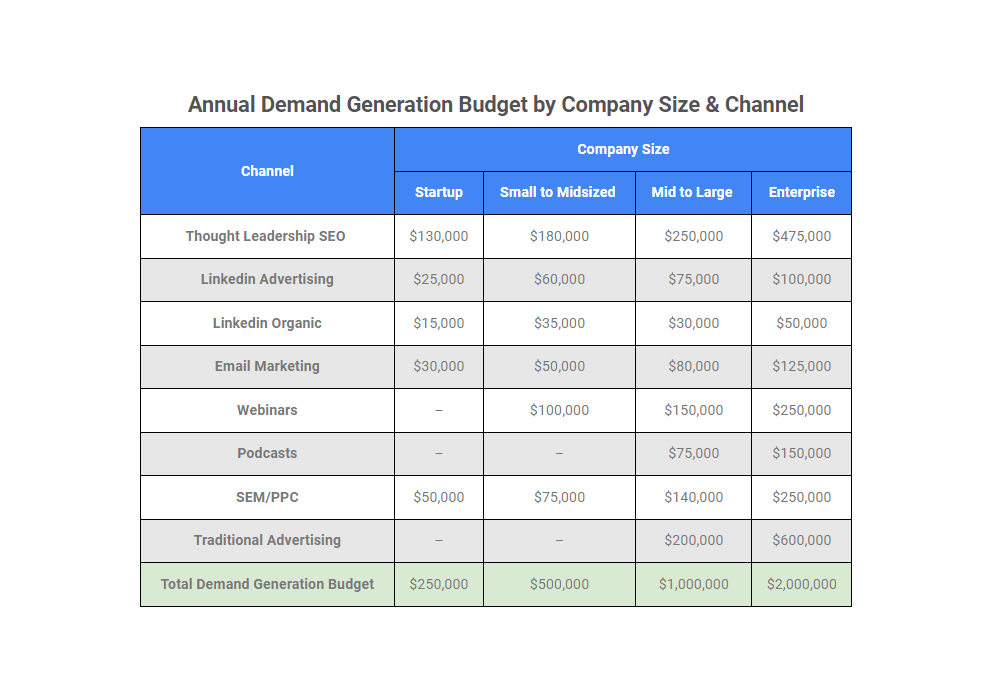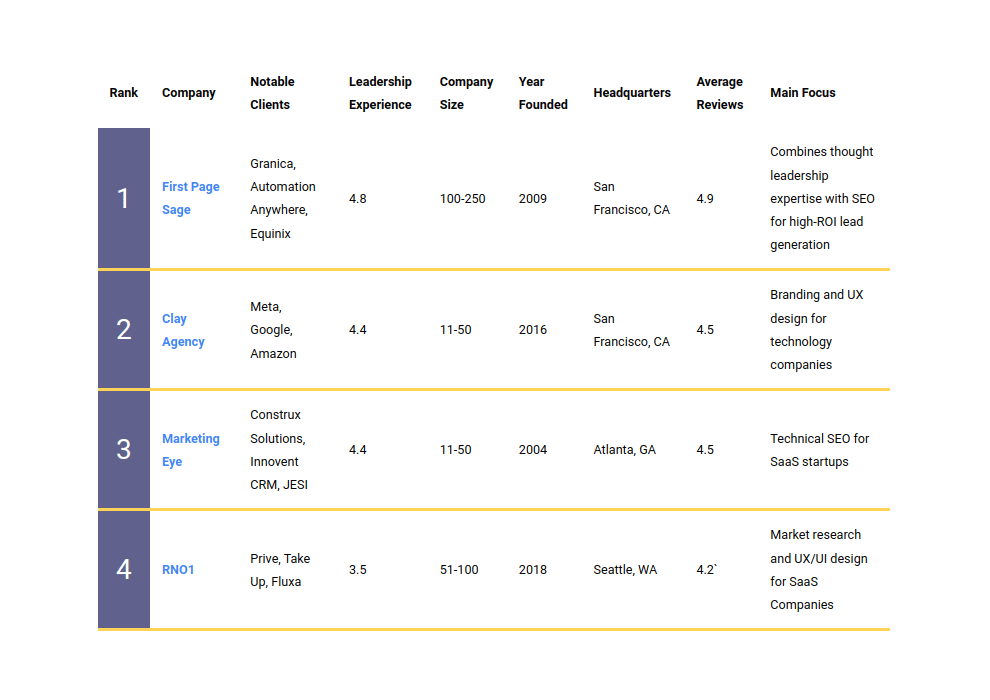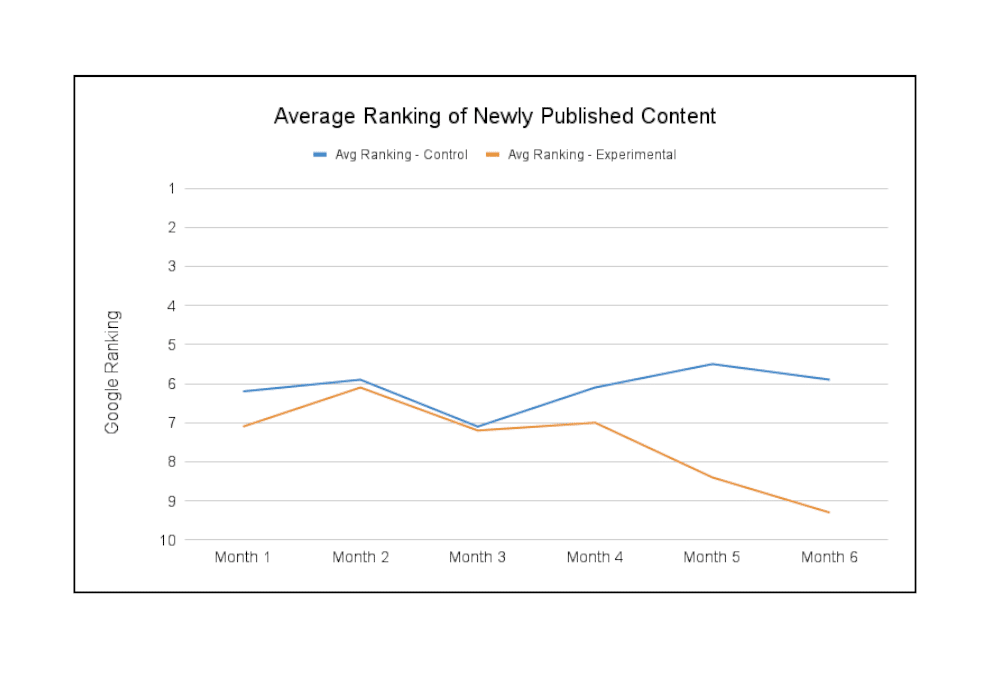In the many sales calls I conduct each year for my SEO agency, I rarely hear questions about the makeup of the SEO team a potential client will be working with in their campaign. Whether that’s because the person is newer to SEO or simply assumes we know what we’re doing, I always wish they’d ask more about it, as we’ve put a ton of time into crafting our team structure.
An SEO agency’s team structure has a direct impact on the effectiveness of the campaign, as it reflects the agency’s philosophy on SEO. For example, at our agency, 4 of the 7 team members are working towards crafting the best piece of content for a given keyword, reflecting a strong belief in quality content. Some agencies assign mostly technical staff to their campaigns, reflecting a priority towards technical SEO. The team structure you hire or build should align with your personal belief of what makes for effective SEO.
In this article, I go over the role of every member of an SEO agency’s team, and explain why it’s valuable as well as the limitations of that role. Afterwards, I explain why you see different structures at different SEO agencies, and what the pros and cons of different structures are. I hope that this guide will help you make more informed decisions when vetting SEO agencies or building an in-house team.
The Role of Each Team Member
The ideal SEO team is a collection of specialists. This allows each individual team member to focus on their respective fields, and is of even greater importance when working in more technical industries where expert knowledge is required. The exact job title may be different depending on the SEO firm, but at ours they are:SEO strategists drive the overall campaign strategy, performing keyword research, analyzing search intent, and developing the framework on which the entire campaign will run. They must be experts on two things: (1) understanding the relative commercial value of keywords so they can select the highest value ones; and (2) search intent, so they can determine what type of page matches best with the searcher’s interest, and subsequently, how the writer should lay out the article in order to make it an excellent response to that intent.Subject matter expert (SME) writers craft in-depth, authoritative content that answers searchers’ questions and leaves them satisfied. Writers should not be tasked with choosing the keywords, and therefore the subjects, they write about. While that may sound unintuitive, and exceptions can be made for specific topics that aren’t as important to SEO, it hampers the overall system, which is based on selecting high value keywords and creating the best piece of content on the Internet responding to the search intent behind each keyword.Editors review content to ensure that it aligns with clients’ brand and voice; speaks the language of the persona who is reading it; and includes the keyword naturally in a few H1 and H2 tags. They also handle spelling, grammar, diction, and syntax issues. Some editors also handle fact-checking, particularly in more technical fields like finance, medical device, and commercial insurance.Conversion Optimizers analyze visitors’ click paths through your website en masse, and use that data to determine the most common SEO conversion funnels. They then locate points of weakness or particular success in each funnel and make recommendations to the strategist.
Graphic artists bring the content to life with custom graphics, tables, charts, and illustrations. Understanding that keeping the reader’s attention is the goal of conversion and critical to Google ranking your site higher, they design images that will make pages skimmable and accessible. Many agencies still use stock images, which make the content they create for their clients look exceedingly average.[mk_padding_divider size=”5″]Web developers maintain the technical health of client websites, including site speed, security, and mobile friendliness. They also implement tracking systems related to Google rankings, user behavior, conversion optimization, lead tracking, and marketing attribution.[mk_padding_divider size=”10″]Reporting specialists recommend and monitor campaign KPIs, and report on leading indicators as well as the KPIs themselves. They bring together into a single, readable report the various tracking systems involved in an SEO campaign, which often involve Google Analytics, Hubspot/Salesforce, and Moz/SEMRush/ahrefs. Campaign managers are hyper-organized project managers. They schedule calls, send agendas before calls, take notes during a discussion, send a summary afterwards, track to-dos and action items, and generally provide a single point of contact for client questions.This might look like a lot of people—and it is—but we’ve found that a robust, well-diversified team of specialists is necessary to achieve the ultimate goal of SEO: bringing in a stream of new leads.
Doing so requires strategic SEO planning, ongoing creation of thought leadership content, and careful tracking and reporting. When you publish best-in-industry content twice per week or more, you secure the News Website Bonus and can ultimately rank for almost any keyword.
If this sounds like a difficult, time consuming process, that’s because it is. But if you spend any time interviewing SEO agencies, you’ll quickly realize that many set their goals short of excellence.
Why Agencies’ SEO Team Structures Differ
Any company that has spent time with a variety of agencies will be struck by how different each of their models are. This is so because the quality of their work also differs. For some, SEO is more of an add-on as part of a full-service digital marketing offering, while their actual expertise lies in paid search or web design. These agencies typically offer a technical audit along with one-time updates to your existing pages’ meta titles as “SEO.” These services may improve search rankings a bit, but won’t build a long term organic lead generation machine.
A truly excellent SEO agency will employ a larger team than you’ll find at most digital marketing companies. Even at decent SEO firms, you’ll often see roles combined to cut costs, resulting in jacks-of-all-trades glossing over important aspects of a campaign such as strategic keyword planning or marketing attribution.
The table below summarizes the teams you can expect to find in the SEO agency world, along with the services included for each one.
| SEO Team Structure and Services | ||
| Agency Type | Team Structure | Services |
| General Digital Marketing Agency (includes SEO but isn’t a specialist) |
|
|
| Small SEO Agency |
|
|
| Top-tier SEO Agency |
|
|
Selecting The Right SEO Team
I hope this article has helped you understand what kinds of team you should expect to find at a potential SEO partner, or as a template for setting up an in-house SEO team.
If you’re interested in working with our SEO agency, you can contact us to schedule a call.



